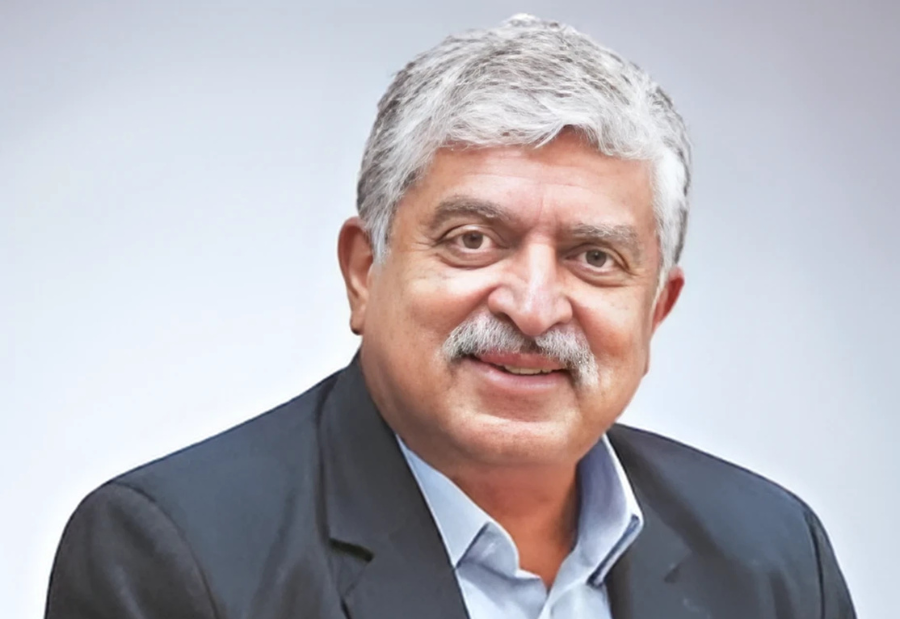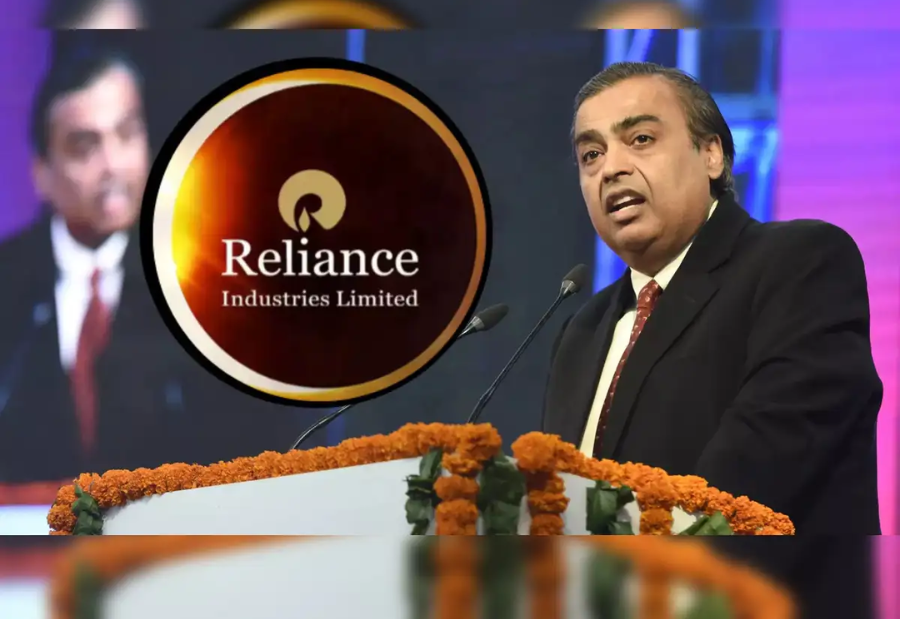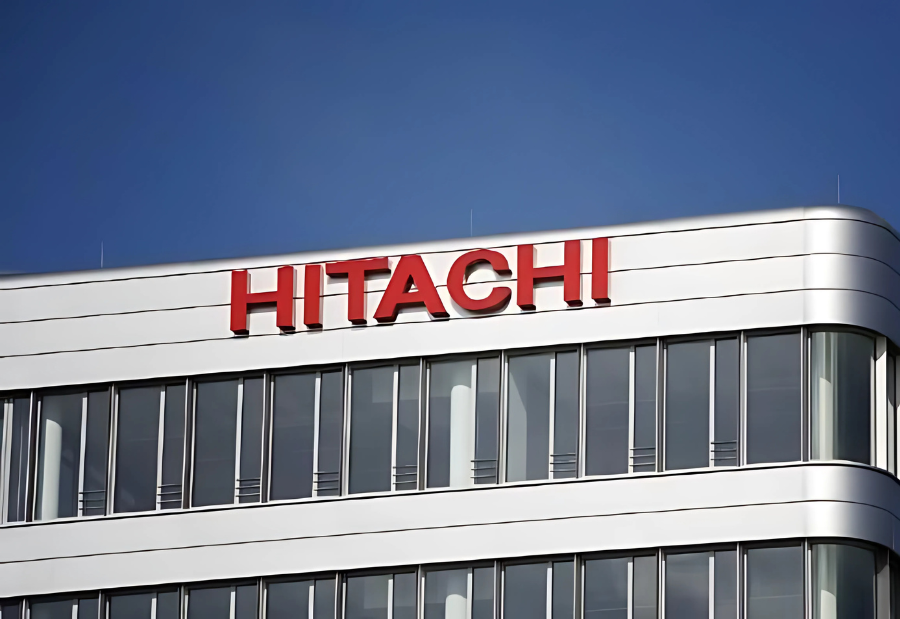Infosys chairman Nandan Nilekani said on Friday that India, with its vastness, diversity and large population, provides the perfect opportunity for companies to innovate at scale with frugal engineering and address real life challenges. He stressed that this approach is vital for the mass adoption of technologies such as artificial intelligence.
Nilekani explained that the application of AI in India will span three major areas. The first is companies with global capability centres in the country that are building AI transformation programmes across their parent enterprises. The second is IT service providers helping clients on their AI journey. The third is the digital public infrastructure that forms the foundation for AI capabilities.
Nilekani illustrated the potential by saying, “If a farmer in Bihar is able to speak into his phone in his version of Hindi and gets real time information from his agent on best farming practices and market access, then we have done it.” He was speaking at an event hosted by a common noun.
He pointed out that India has already shown the ability to innovate at scale with Aadhaar, the world’s largest digital identification programme, and UPI, the largest real time payment system managed by the National Payments Council of India.
“The idea of Aadhaar was that everybody should have a digital ID, which shall be the entry point of everything. For UPI, it was to create a population scale transaction with frugal engineering which was inclusive and provided an equal opportunity for all to participate. It is interoperable, scalable, and privacy protected,” Nilekani said.
Nilekani added that Aadhaar’s real innovation was its minimalistic design with four identification fields, which enabled enrolment of about 1.5 million people daily across millions of stations.
“The UPI and API design were both of a single page. Simplicity of design gives you scalability,” he explained.
Looking ahead, Nilekani said that large language models will eventually become commodities as companies such as OpenAI, Meta, Google, Anthropic, Mistral and Deepseek continue to build them in the United States and China.
“They will become faster, better and cheaper. But for India, it will be better to make small language models which are cheaper. We should train them to provide the AI experience,” he said.
Also read: Viksit Workforce for a Viksit Bharat
Do Follow: The Mainstream formerly known as CIO News LinkedIn Account | The Mainstream formerly known as CIO News Facebook | The Mainstream formerly known as CIO News Youtube | The Mainstream formerly known as CIO News Twitter |The Mainstream formerly known as CIO News Whatsapp Channel | The Mainstream formerly known as CIO News Instagram
About us:
The Mainstream formerly known as CIO News is a premier platform dedicated to delivering latest news, updates, and insights from the tech industry. With its strong foundation of intellectual property and thought leadership, the platform is well-positioned to stay ahead of the curve and lead conversations about how technology shapes our world. From its early days as CIO News to its rebranding as The Mainstream on November 28, 2024, it has been expanding its global reach, targeting key markets in the Middle East & Africa, ASEAN, the USA, and the UK. The Mainstream is a vision to put technology at the center of every conversation, inspiring professionals and organizations to embrace the future of tech.




